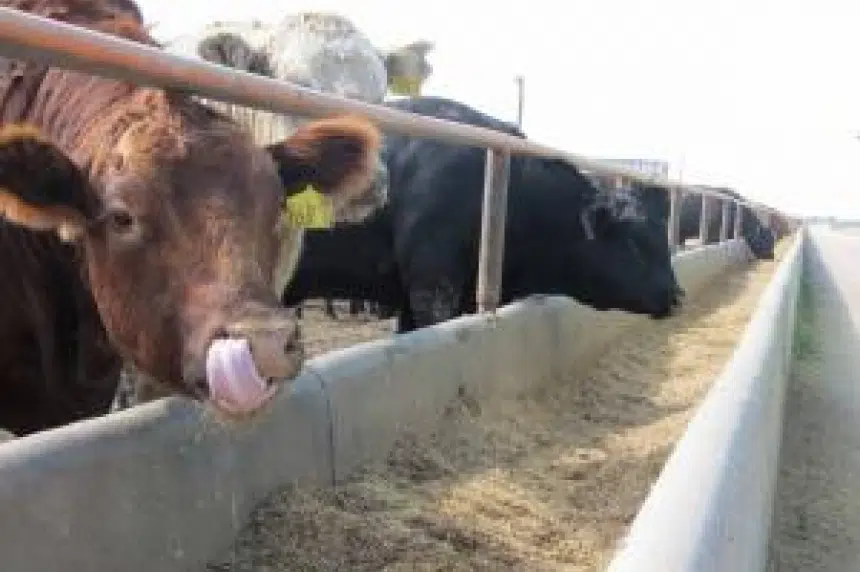After a damning report from the World Health Organization (WHO) linking processed meat and red meat to colorectal cancer, a Saskatoon dietician says it’s simply a matter of not eating those foods every day.
“To say everyone should stop eating red meat, that could potentially do a lot to our economy because there are a lot of farmers in Canada and that’s an extreme thing to say,” said Brooke Bulloch, a registered dietician with Food to Fit.
But she says the results from the WHO aren’t new by any means, rather a reminder of nutritional information that’s been looked at for years.
“This is not new information; processed red meats like pastrami, bologna and bacon may increase risk for colorectal cancer and we know processed red meats are high in animal fat which increases blood cholesterol levels,” Bulloch said.
“They’re also high in sodium-nitrites which we know reacts with compounds found in meat to actually form compounds that are potentially carcinogenic, this is not new information.”
Bulloch recommends replacing the red processed meats with chicken or turkey, as they are not included in the definition of processed meats.
Turning to red meats like beef, the tricky part is knowing how much to eat, and there really isn’t a threshold for what is too much or too little. Bulloch recommends 500 grams of red meat per week, which is about 17 ounces.
“So if you go out and order a 10-ounce steak you know that you’re already at half your weekly intake of red meat,” she said.
Bulloch challenges people to track their intake of red meat and try and substitute a couple of meals a week with leaner meats like chicken, turkey and thinking about healthier lunches rather than what’s offered at the deli counter.
“What happened to the egg-salad sandwiches, hummus, doing canned tuna or salmon or even roasting your own chicken breast?”
Longtime Saskatchewan rancher Trevor McCrea said the news might affect his business because there will likely be a percentage of people who cut red meat completely out of their diets, but people have been eating red meat for decades and that won’t change.
“It seems that everything we eat isn’t healthy for us and if you take anything in overabundance it will likely kill you but as a human race we seemed to survive for a long time with meat being a main source of nutrition,” McCrea said.
In its report the WHO suggests that eating two slices of bacon per day increases your risk of colon cancer by 18 per cent.











